Corrosion Resistant Marine Aluminum Elbow Fittings
When we think of marine infrastructure—ships, offshore rigs, and dockside installations—durability under harsh, corrosive environments is paramount. Among the various components, elbow fittings play a critical role in fluid transport systems, ensuring seamless changes in piping direction without compromising flow integrity or structural strength. Yet, not all elbow fittings are created equal. This is where corrosion resistant marine aluminum elbow fittings distinguish themselves as indispensable elements in maritime applications.
Why Choose Marine Aluminum For Elbow Fittings?
Marine aluminum alloys, especially those in the 5xxx series (like 5083 and 5052), are uniquely formulated for superior corrosion resistance in saline environments. Compared to traditional stainless steel or galvanized iron, marine aluminum has a distinct advantage—forming a compact oxide film on its surface, which dramatically slows corrosion without frequent maintenance needs. This ability comes from both its alloy composition and its structural tempering, which collectively ensure strength and durability that stand up to the rigors of marine conditions.
Technical Composition and Chemical Properties
An essential factor defining corrosion-resistant marine aluminum elbow fittings lies in their precise chemical makeup adhering to international marine standards:
| Element | Alloy 5083 Percentage | Alloy 5052 Percentage |
|---|---|---|
| Aluminum (Al) | Balance | Balance |
| Magnesium (Mg) | 4.0 - 4.9 | 2.2 - 2.8 |
| Manganese (Mn) | 0.4 - 1.0 | 0.1 |
| Chromium (Cr) | 0.05 - 0.25 | 0.15 - 0.35 |
| Iron (Fe) | ≤0.4 | ≤0.4 |
| Copper (Cu) | ≤0.1 | ≤0.1 |
| Zinc (Zn) | ≤0.25 | ≤0.1 |
The magnesium content particularly lifts the corrosion resistance capability while enhancing mechanical strength. Meanwhile, trace elements like manganese improve grain structure and stabilize the alloy without compromising weldability, a factor in complex piping fitting manufacturing.
Alloy Temper and Its Impact on Strength
Temper conditions of marine aluminum elbow fittings influence their performance under stress. The most prevalent tempers seen are H116 and H321:
- H116: Heat-treated to maximize corrosion resistance with some strain hardening; specifically recommended by ASTM B547 for marine fabrication.
- H321: Alloy annealed and strain-hardened offering exceptional ductility. Used where impact resistance and bending during installation are essential.
The tempering not only affects strength (tensile strength ranges from approximately 290 to 350 MPa; yield strength circa 140-270 MPa depending on temper) but also resilience against the cyclical fatigue corrosion experienced in marine systems under pressure fluctuations.
Implementation Standards for Marine Aluminum Elbow Fittings
To ensure reliability, these components comply with rigorous marine engineering standards such as:
- ASTM B241: Specification for Aluminum and Aluminum-Alloy Seamless Pipe and Tube, ensuring the material's fundamental integrity.
- ABS (American Bureau of Shipping) standards: Governing marine fittings and welding procedures to assure utmost quality.
- ISO 10088: Standard governing pH and sodium chloride solution testing for corrosion resistance in marine electric fittings.
Furthermore, dimensional accuracy adheres to API 5L or ANSI B16.9 depending on intended piping designs to match exact sectional curves and maintain hydraulic consistencies.
Advantages of Corrosion Resistant Marine Aluminum Elbow Fittings
- Longevity: These alloys establish a protective, self-repairing oxide film that provides unparalleled service life, even in intense cyclic salt spray environments.
- Lightweight with Strength: At nearly one-third the weight of steel, aluminum fittings reduce overall structural loads critical to marine architecture.
- Superior Weldability: Optimized chemical compositions and tempering types ensure fittings join reliably without stress crack sensitivity.
- Non-magnetic Properties: Critical for applications sensitive to electrical and magnetic interference such as sonar-equipped vessels.
- Eco-friendly Advantage: Aluminum is highly recyclable, making it an important consideration for sustainableness in shipbuilding.
Looking beyond mere shape and immediate durability, corrosion resistant marine aluminum elbow fittings represent an advance toward smarter material use tailored specifically for maritime applications. Their carefully balanced chemical parameters, tempered for tailored strength and corrosion resistance, position them as vital components in next-generation shipbuilding and offshore processes.
As ports rise in salinity exposure, sea temperatures shift, and metal fatigue demands grow stricter, embracing these advanced marine aluminum fittings ensures that fluid networks aboard and offshore sail undeterred by one of the harshest environments on earth.
If your maritime projects seek optimized longevity, lightness, and corrosion resilience, integrating corrosion resistant marine aluminum elbow fittings is more than a design choice—it's an engineering evolution cultivating stronger, lighter, and long-lasting marine infrastructure. Contact us today to explore full product specifications and custom design services geared for your unique project needs.
Related Products
6061-T6 90-Degree Marine Aluminum Pipe Elbow
Manufactured from premium 6061-T6 marine-grade aluminum alloy, this elbow fitting is engineered to provide reliable and efficient pipe direction changes within shipbuilding, offshore platforms, and marine infrastructure systems.
View DetailsMarine aluminum round tubes
Marine Grade Aluminum Round Tubes are manufactured from premium marine alloys such as 5083, 5052, 6061, and 6082, all selected for their proven resistance to seawater corrosion and marine atmosphere degradation.
View DetailsCustom marine aluminum profile tubes
Custom Marine Grade Aluminum Profile Tubes are manufactured from premium marine aluminum alloys such as 5083, 5052, 6061, and 6082.
View DetailsMarine aluminum square tubes
Marine Grade Aluminum Square Tubes are typically constructed from marine-grade alloys such as 5083, 5052, 6061, and 6082—well-known for their ability to withstand the aggressive effects of saltwater and marine atmospheres.
View DetailsMarine aluminum rectangular tubes
Marine Grade Aluminum Rectangular Tubes are made from high-performance alloys such as 5083, 5052, 6061, and 6082. These alloys are renowned for their ability to resist corrosive seawater and marine atmospheres while providing excellent mechanical strength and toughness.
View DetailsRelated Blog
6061 Marine Aluminum Tubes for Custom Boat Frame Solutions
When it comes to constructing custom boat frames, marine-grade materials play a crucial role in ensuring longevity, safety, and performance. Among the vast selection of marine-grade metals.
View DetailsMarine Aluminum Pipe Elbow for High Flow Desalination Units
In the rapidly advancing realm of seawater desalination, marine aluminum pipe elbows play a pivotal role in ensuring the smooth and efficient operation of high flow desalination units.
View DetailsMarine Aluminum Pipe Elbow for Waste Heat Exhaust Systems
In the demanding environment of marine engineering, selecting the right components for waste heat exhaust systems is decisive for both efficiency and durability.
View Details5083 Marine Aluminum Tubes for Boat Building and Fabrication
In the demanding environment of marine vessel construction and fabrication, the selection of high-quality materials is crucial for ensuring durability, safety, and superior performance.
View DetailsAluminum Elbow for Gas and Liquid Transfer on Marine Vessels
Marine vessels operate amidst some of the most challenging environments, where efficiency, durability, and safety of components in fluid transfer systems are paramount.
View Details6082 Marine Aluminum Tubes for Saltwater Exposure Resistant Boats
Advantages of 6082 marine aluminum tubes, specifically engineered for saltwater exposure resistant boats. Learn about their chemical composition, mechanical properties, tempering conditions, implementation standards, and why they are the optimal choice in
View Details

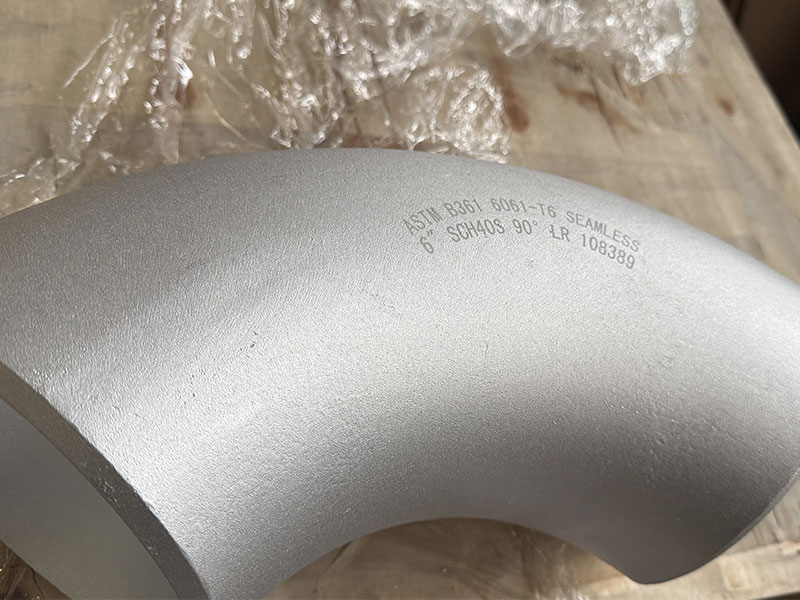
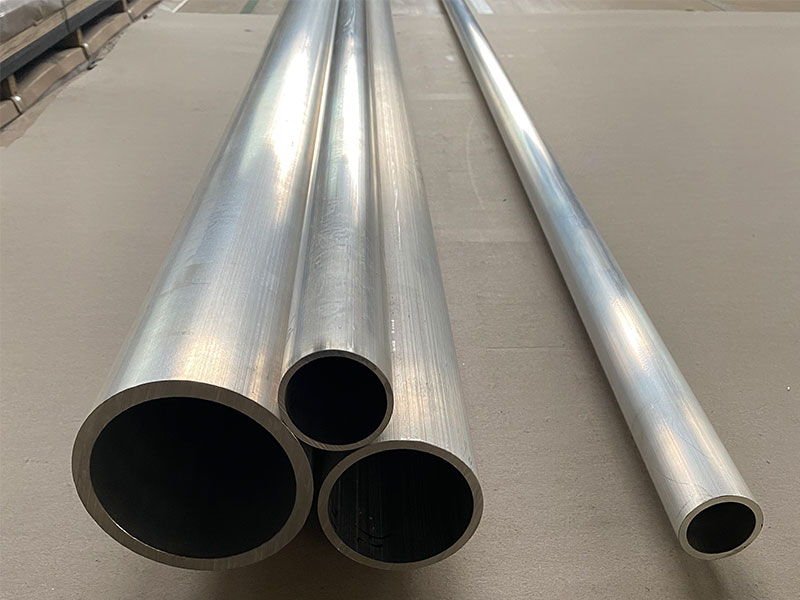
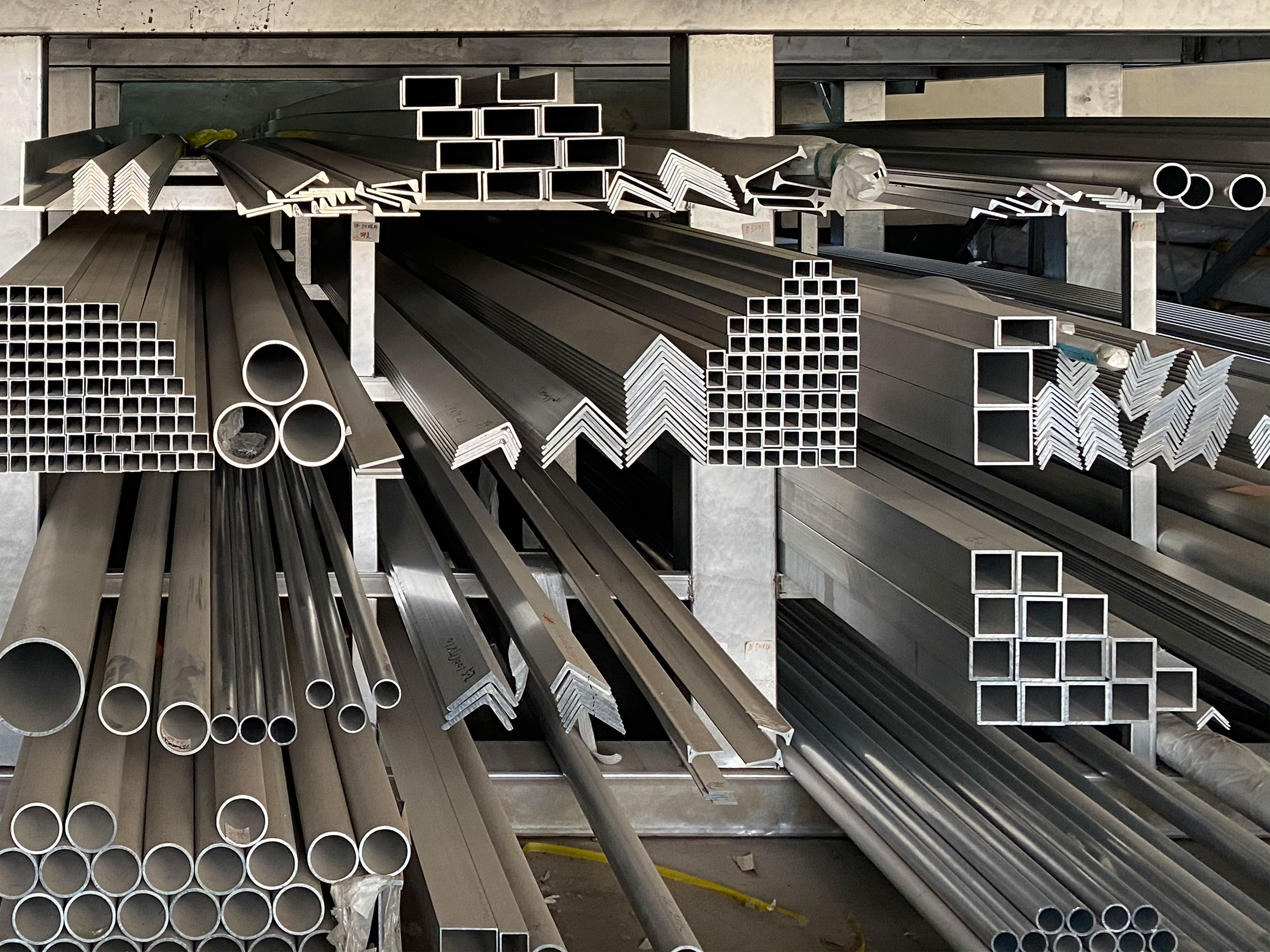
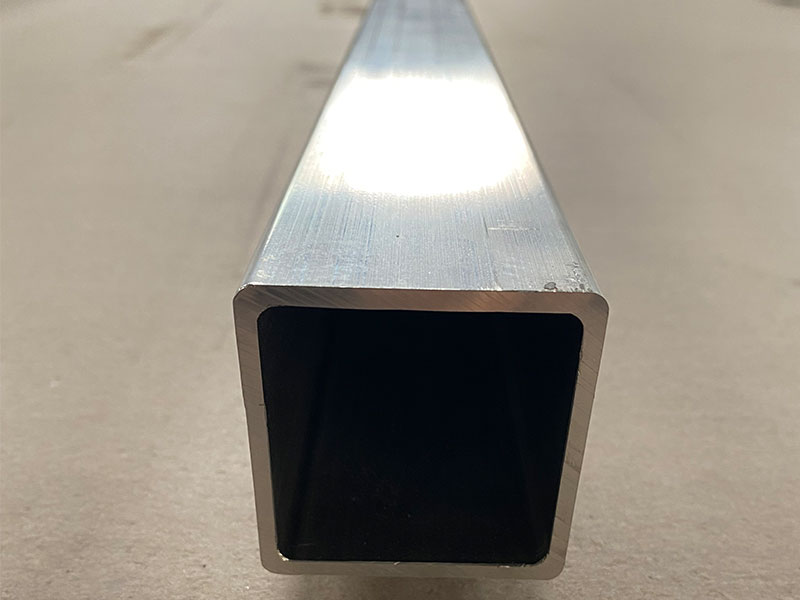
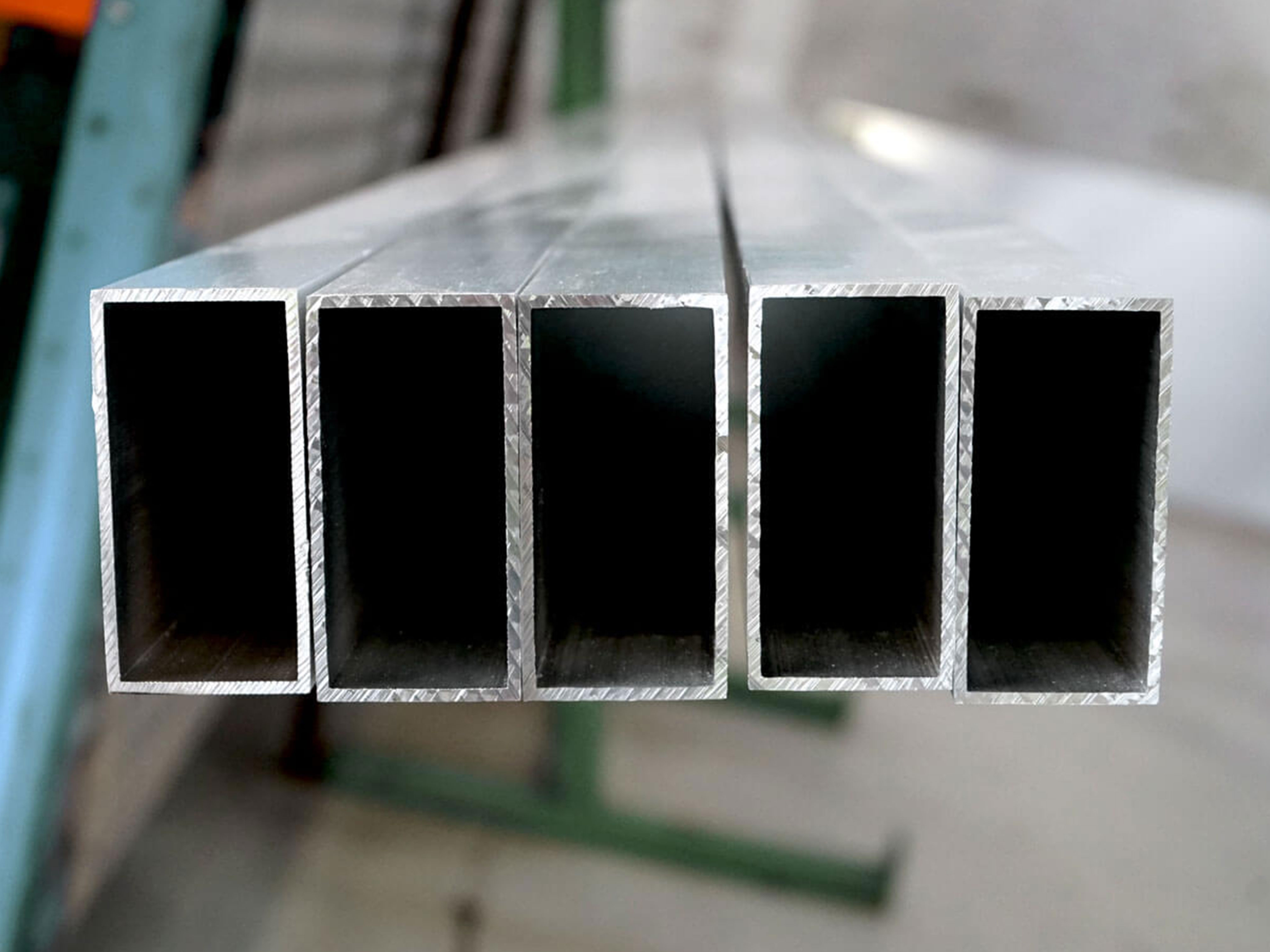






Leave a Message